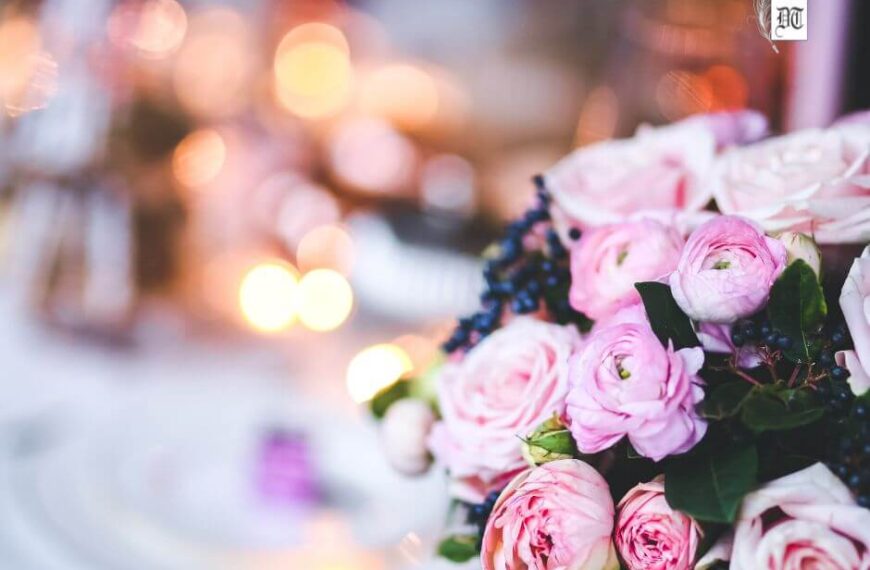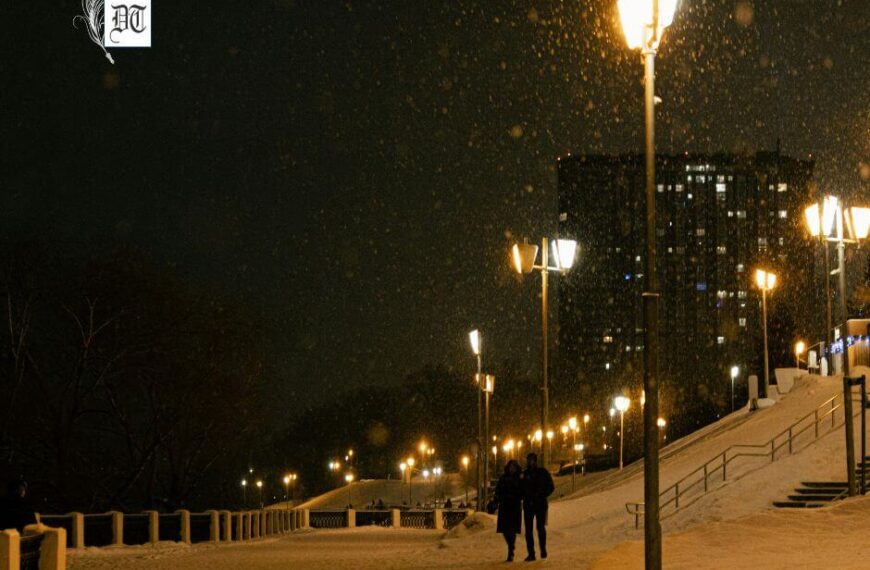Here’s an interview by Abha Iyengar, exclusively for Different Truths, with Aabha Vatsa, who brings the winds of poetic change to Faridabad. Vatsa feels that we are living in times of terror and social maladies. So poems on change will work as a wakeup call for where we are today, and where we need to be, for our progeny.
Men and women from all walks of life and different ages, converged at Aabha Vatsa’s house in Faridabad on Durga Puja day, the 30th of September. And it is indeed symbolic that these were poets, attending the poetry meet organized on this day by her to initiate the Faridabad chapter of the global movement, ‘100 Thousand Poets for Change’.
Author and published poet, Satbir Chadha said she was delighted when Aabha invited her for the event. “I write poetry to express myself and share my emotional and social concerns, though writing poetry is an excellent tool for introspection, I often get answers to questions, with new questions popping up too. For anything to change, the seed comes from a thought. Sharing our thoughts through poetry has a deep impact on the reader or listener. Society changes when thinking changes.”
In her poem, asking for a stop on child trafficking, Satbir Chadha requested for this change: “Please let them be, find yourselves another craft/ Another trade, save yourselves, save your friends/Above all, help us, save our children.”
Young poet Samrudhi Dash, who hails from Bhubaneswar, Odisha, and is preparing for Indian Civil Services, is a feminist. She has four poetry collections and a novel to her credit. One of her poems has these lines,” A change that begins with celebrating the anniversary of my death/ And the rebirth of a Phoenix/ from the tornado realms of thawing mists of illusion/A change that comes with victim transforming into victor…”
Attending this event was important for her. She said, “I have been a strong upholder of change since long and that’s the reason this event was important to me.”
She continued, “I am happy that there are others too who believe that change is a necessity. Conventional society has caged us in many pre-defined notions that need to be redefined and that is what change is all about. For change is not only a necessity but also a law of life. And as educated masses of a refined, civilized society, it becomes our moral responsibility to hear this change in a positive direction.”
Bushra Alvi Razzack, poet, author and translator, founder of Delhi By Verse, said she was surprised that this was such a worldwide movement and that similar poetry events were taking place all over the world on this day. At the event, she read a poem titled ‘The Culprit’ where she asks, “Culprits –they, they the ones who lynched/ And I – I the one who kept silent throughout/ What should I call myself?” According to her, “It is not only the one who commits a crime who is to blame; an equal accomplice is the one who witnesses yet refrains from voicing a protest.”
 Talking about poetry and change, she said, “Poetry is a very powerful medium, its impact can be felt far and wide. Poets are people with heightened sensitivity. They can communicate in a more sensitive and effective way. In a very basic sense, poetry makes us think. It helps us to look at and perceive the world in a different way. In a subtle and powerful way, it makes us take a fresh look at things we take for granted. Also, the rhythm and flow of poetry makes it enjoyable to read again and again and this repetition ensures that an idea or a suggestion is well drilled into our minds. Hopefully, this then becomes a catalyst for change.
Talking about poetry and change, she said, “Poetry is a very powerful medium, its impact can be felt far and wide. Poets are people with heightened sensitivity. They can communicate in a more sensitive and effective way. In a very basic sense, poetry makes us think. It helps us to look at and perceive the world in a different way. In a subtle and powerful way, it makes us take a fresh look at things we take for granted. Also, the rhythm and flow of poetry makes it enjoyable to read again and again and this repetition ensures that an idea or a suggestion is well drilled into our minds. Hopefully, this then becomes a catalyst for change.
“Change is the only constant. Change is needed for society to grow and evolve in a better and fruitful way. Martin Luther King, Jr. has said, ‘Our lives begin to end the day we become silent about things that matter’. To bring about change and reforms we need to speak up and voice our opinions. Poetry is a subtle yet effective way to address those issues and sensitize people towards them.”
Those who attended were Sudershan Kcherry, publisher, AuthorsPress; Vinita Narula, Manoj Krishnan, author of ‘Kanishka’; Shyam (Driftwood Ashore), Jayshri Kannan, Meenakshi B. Varma, Kiren Babal (who did the introductions so well and invited each poet onto the seat), Dr. Renu Mishra and others. The latter’s poems in Hindi were hard-hitting. Each poet on the hot seat recited two poems, one on change and a poem of their choice, and the language was Hindi or English.
After the event, Satbir summed it up, conveying what all of us carried back from the event, “I am thrilled to have been part of such a huge event, loved meeting new friends and old, also came back ignited to do more.” And Bushra said, “I think this is a great initiative and can have far-reaching effects if more poets come forward and create awareness to bring about serious social, environmental and political change.”
Let’s pick Aabha Vatsa’s brain.
![]() Abha Iyengar (AI): Hello Aabha, welcome. Tell us about yourself.
Abha Iyengar (AI): Hello Aabha, welcome. Tell us about yourself.
![]() Aabha Vatsa (AV): I am a post-graduate in Chemistry and B. Ed, I taught for many years, in schools of Delhi and Faridabad and later left teaching to raise my daughters. Poetry was always in my subconscious mind as I used to participate in poetry recitation contests in Kendriya Vidyalaya. When I started my blog in 2010, I named it Daffodils after the famous poem by Wordsworth. Of course, at that time I had no clue that four years later I would become a poet. Blogging led to my first published book a travelogue titled, ‘Barfani Baba, To Amarnath Happily’. In 2015, I published six poetry books. In 2017, I published two poetry books titled ‘Dance’ and ‘Compassion’. Also my first work of fiction, a collection of short stories titled ‘Monsoon Musings’.
Aabha Vatsa (AV): I am a post-graduate in Chemistry and B. Ed, I taught for many years, in schools of Delhi and Faridabad and later left teaching to raise my daughters. Poetry was always in my subconscious mind as I used to participate in poetry recitation contests in Kendriya Vidyalaya. When I started my blog in 2010, I named it Daffodils after the famous poem by Wordsworth. Of course, at that time I had no clue that four years later I would become a poet. Blogging led to my first published book a travelogue titled, ‘Barfani Baba, To Amarnath Happily’. In 2015, I published six poetry books. In 2017, I published two poetry books titled ‘Dance’ and ‘Compassion’. Also my first work of fiction, a collection of short stories titled ‘Monsoon Musings’.
![]() AI: How did you hear about 100 Thousand Poets for Change?
AI: How did you hear about 100 Thousand Poets for Change?
![]() AI: What made you decide about the Faridabad Chapter?
AI: What made you decide about the Faridabad Chapter?
![]() AV: Michael Rothenberg the co-founder, approved of my decision to host a poetry event in Faridabad.
AV: Michael Rothenberg the co-founder, approved of my decision to host a poetry event in Faridabad.
![]() AI: Was it an impulsive decision?
AI: Was it an impulsive decision?
![]() AV: Not at all. It was a well-thought-out decision. I had attended quite a few poetry meets and wanted to
AV: Not at all. It was a well-thought-out decision. I had attended quite a few poetry meets and wanted to  host one at my home. This seemed the perfect occasion, so I decided to go for it. The fact that this event was to be celebrated in 100 countries over 500 cities on September 30th, was a great calling, to make Faridabad, a part of this global celebration.
host one at my home. This seemed the perfect occasion, so I decided to go for it. The fact that this event was to be celebrated in 100 countries over 500 cities on September 30th, was a great calling, to make Faridabad, a part of this global celebration.
![]() AI: Why write poetry? What does it mean for you?
AI: Why write poetry? What does it mean for you?
![]() AV: I became a poet in 2014 when my mother was in the ICU and her deathbed. I came home anguished and wrote a poem in Hindi ‘Roothi Ma’, which means my mother is upset with me. Hence she is not responding. This poem caught the attention of a poetry group and they invited me to join their group. My poetic journey had started.
AV: I became a poet in 2014 when my mother was in the ICU and her deathbed. I came home anguished and wrote a poem in Hindi ‘Roothi Ma’, which means my mother is upset with me. Hence she is not responding. This poem caught the attention of a poetry group and they invited me to join their group. My poetic journey had started.
I write poetry because it is a beautiful, glorious way to express your thoughts, beliefs, and appreciation of life.
![]() AI: Why do poems of change hold importance to you?
AI: Why do poems of change hold importance to you?
![]() AV: We are living in times of terror and social maladies. So poems on change will work as a wakeup call for where we are today, and where we need to be, for our progeny.
AV: We are living in times of terror and social maladies. So poems on change will work as a wakeup call for where we are today, and where we need to be, for our progeny.
![]() AI: What type of change do you think poetry brings about/ can bring about?
AI: What type of change do you think poetry brings about/ can bring about?
![]() AV: Poets can make ordinary people sit up and take note of issues. Whether it is extolling Mother Nature or writing poems to arouse a collective consciousness. Yes, I believe, poets can bring change. And 100,000 Poets for Change is a dramatic far-reaching event.
AV: Poets can make ordinary people sit up and take note of issues. Whether it is extolling Mother Nature or writing poems to arouse a collective consciousness. Yes, I believe, poets can bring change. And 100,000 Poets for Change is a dramatic far-reaching event.
![]() AV: The event was a stupendous success. I had made a framed poster for the event and placed it next to the ‘hot seat’ I formed a WhatsApp group in advance and requested all poets to compose one poem on change and another one of their choice. As the poets sat on the hot seat and recited their poems there was a certain discipline and earnestness, knowing that they were part of a global event to bring change via poetry.
AV: The event was a stupendous success. I had made a framed poster for the event and placed it next to the ‘hot seat’ I formed a WhatsApp group in advance and requested all poets to compose one poem on change and another one of their choice. As the poets sat on the hot seat and recited their poems there was a certain discipline and earnestness, knowing that they were part of a global event to bring change via poetry.
![]() AI: What type of feeling do you feel after the completion of the event?
AI: What type of feeling do you feel after the completion of the event?
![]() AV: Euphoria, for having placed Faridabad on the Global Poetry scene for Change.
AV: Euphoria, for having placed Faridabad on the Global Poetry scene for Change.
![]() AI: What next? How do you plan to take this further? When is the next event?
AI: What next? How do you plan to take this further? When is the next event?
![]() AV: Well, more poetry meets if given an opportunity. This is an annual event, so the next one would be on September 30th, 2018. The good part is I am uploading all the poems recited on my page in the website www.100tpc.org Moreover, the entire content of this event is going to be archived by Stanford University.
AV: Well, more poetry meets if given an opportunity. This is an annual event, so the next one would be on September 30th, 2018. The good part is I am uploading all the poems recited on my page in the website www.100tpc.org Moreover, the entire content of this event is going to be archived by Stanford University.
![]() AI: If anyone wants to join you, how should they contact you?
AI: If anyone wants to join you, how should they contact you?
![]() AV: Anyone interested can drop me an email at aabhavatsa@gmail.com
AV: Anyone interested can drop me an email at aabhavatsa@gmail.com
©Abha Iyengar
Photos sourced by the author
#Poem #Poet #Interview #AbhaIyengar #AbhaVatsa #BookOfPoems #DiffererntTruths


 By
By

 By
By
 By
By